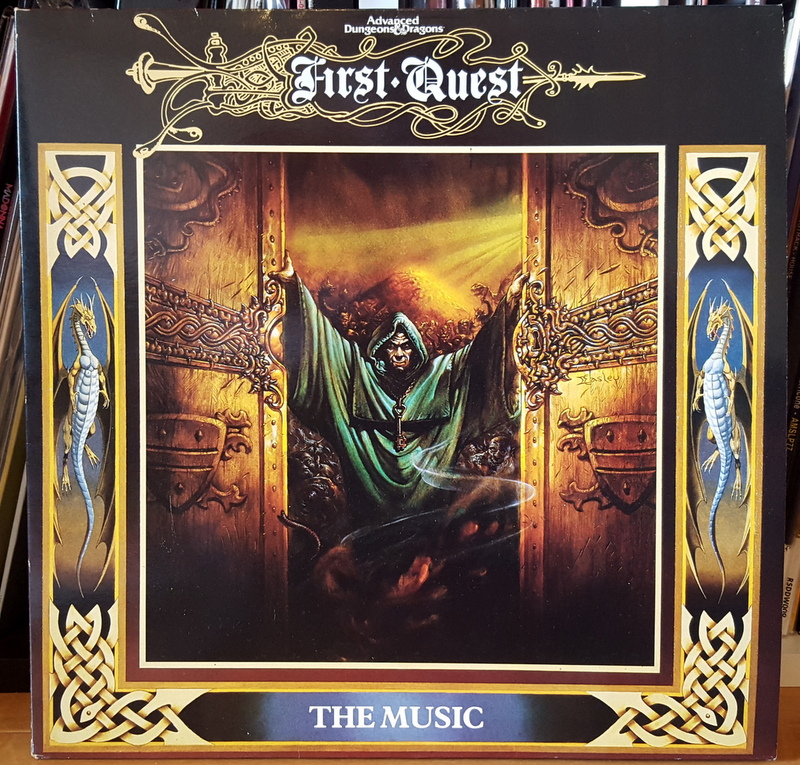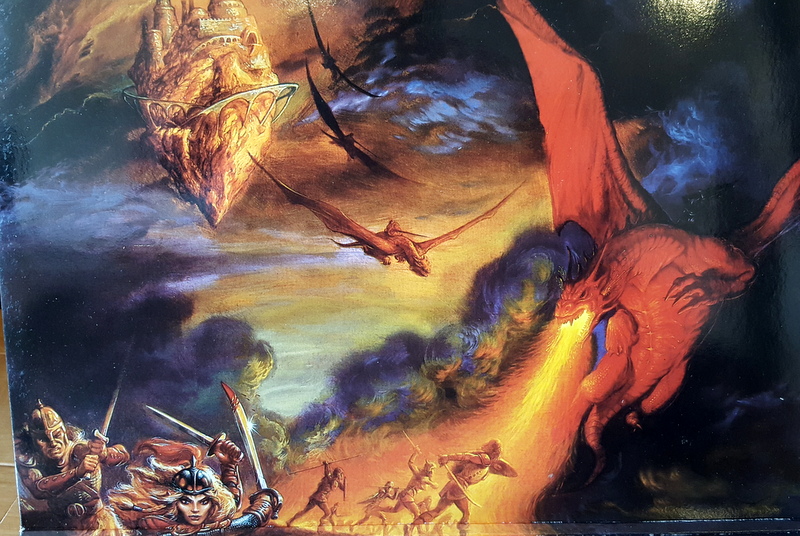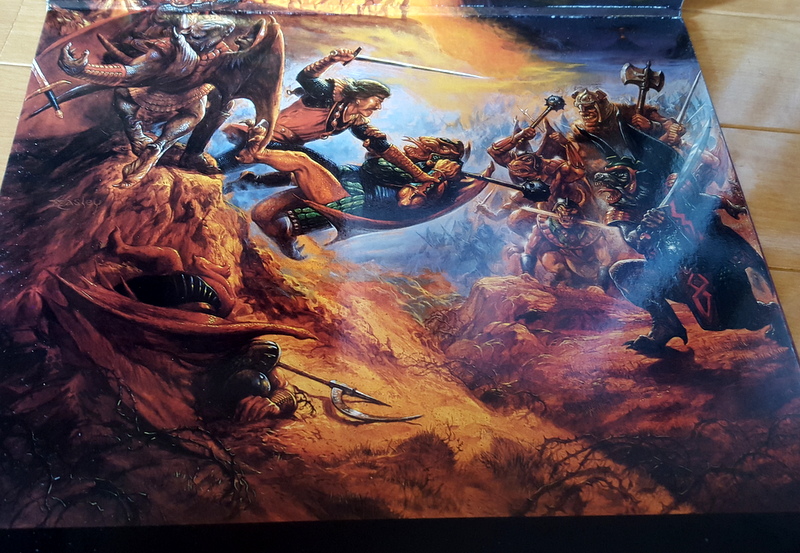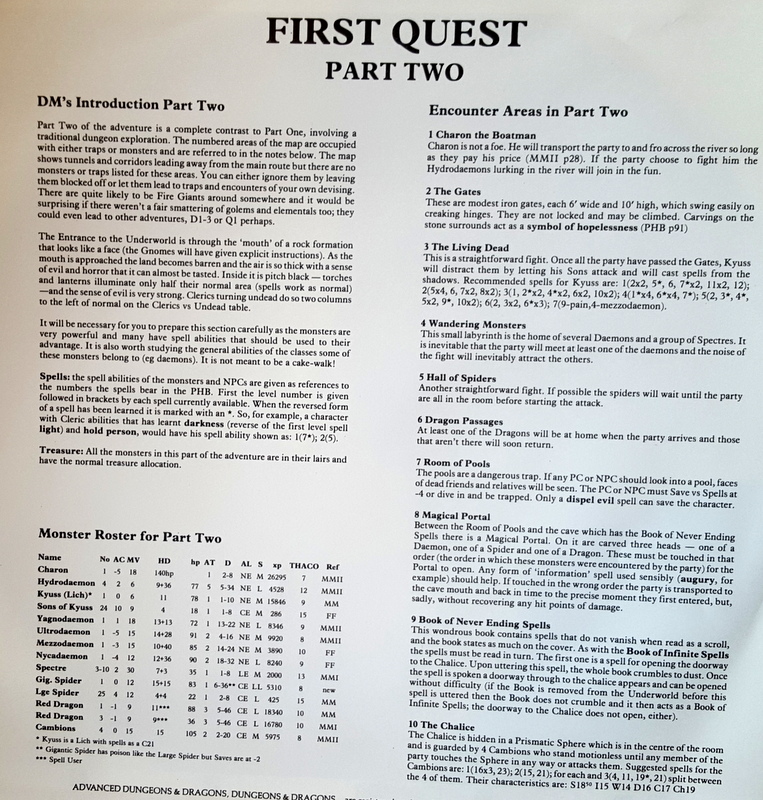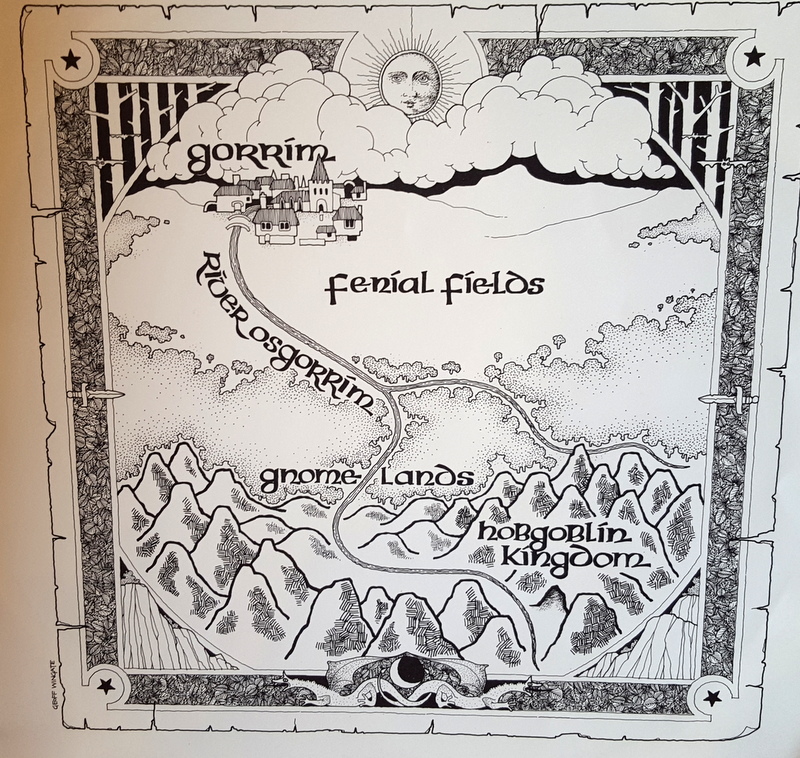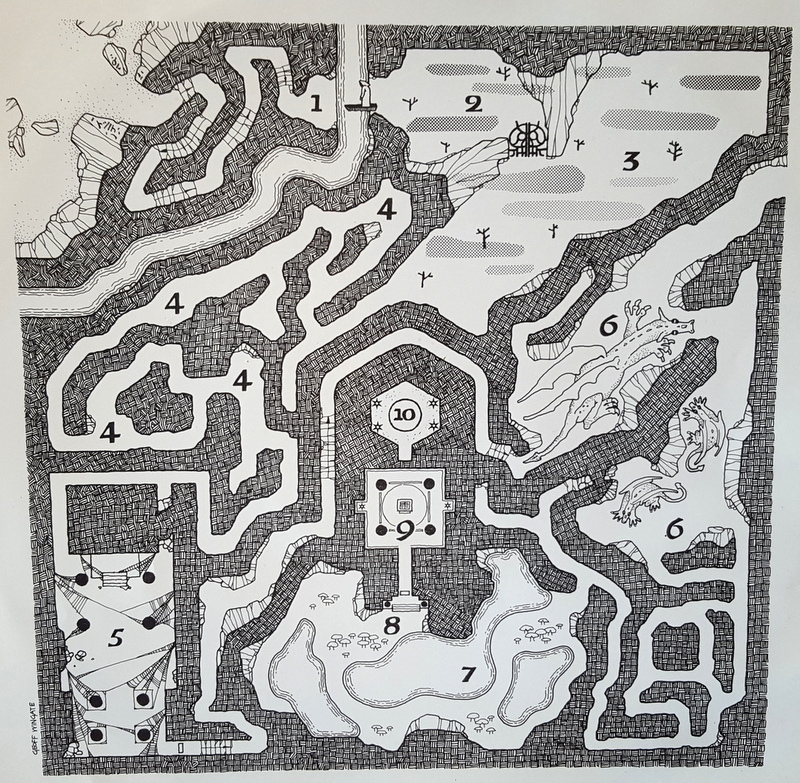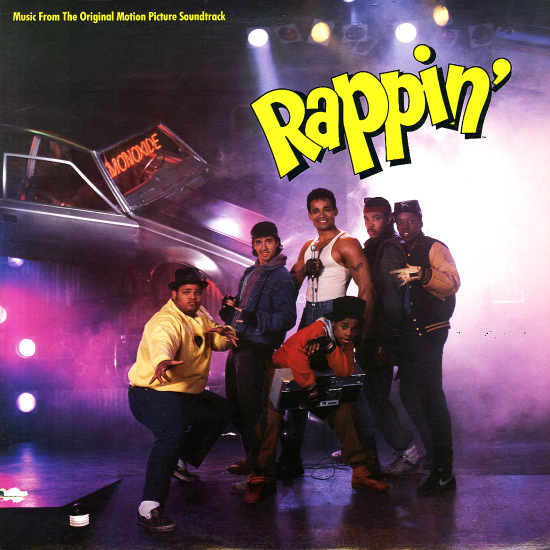
Rappin’ is the poor man’s Breakin’. No, strike that – it’s the poor man’s Breakin’ 2: Electric Bugaloo.
An all-but-forgotten 1985 hip-hop musical drama, it’s mostly known today for featuring an early starring role for Mario Van Peebles, as well as an early vehicle for Ice-T, whose featured more prominently in the film’s amazing trailer than the film itself. I’ve never seen the movie, but from what I’ve skimmed on YouTube I don’t think I’m worse for it. The soundtrack certainly is…something else.
I’ll be honest…this is one of those nights where I’m not sharing music that I would call good. I’m more…exposing you all to some musical history, artifacts if you will, from a bygone era that time has largely forgotten, rap’s first foray into the pop landscape.
It has not aged well. But let’s take a listen!
Lovebug Starski
Rappin’
The Fight Rap
A honest-to-goodness old-school hip-hop pioneer, Lovebug Starski started as a DJ in the late-70s before moving to rapping in the early 80s. He released several singles and one album, but he apparently went to prison sometime in the mid-80s, which put a serious dent in his music career. Dude still seems to be kicking it though, I found a video of him performing in 2008. I wonder how many other old-school pioneers have been lost to the ages?
Starski has two tracks on Rappin’. The first is the title track. It’s okay, although like most of the tracks on the album, his delivery seems rather stilted and simplistic when compared to what followed. I much prefer “The Rap Fight,” which is a dope electro tune with a sick beat and some totally ill synth lines. I would totally pop-and-lock to this one if my bones didn’t already pop-and-lock on their own throughout the day.
Melvin Plowden, Mario Van Peebles, Eriq La Salle, Kadeem Hardison & Richie Abanes
Snack Attack
This is a rap by the stars of the film, Mario Van Peebles, Dwayne Wayne from A Different World, the asshole doctor from ER and…two other dudes (more on the them in a minute).
In case you were wondering. Neither Mario Van Peebles, Dwayne Wayne nor Dr. Peter Benton from ER can rap. Not only can they not rap, they really can’t rap. And don’t forget, the standards for “good rapping” were pretty low in the early 80s. That’s not to say that the rappers of the era were bad, on the contrary, many are some of the best who ever lived, but the artform was new at the time. People were still figuring it out, the rules were still being made, so a lot of rap from the era is pretty simple.
With those limitations and expectations established, this is some bad rap that sounds horrible. Firstly, it’s a rap song about snacking. And, like I said before, this was the early-80s, but rapping about how much you like food? That was already well-trodden ground by The Fat Boys (who were amazing rappers FYI), so in addition to being a stupid topic for a rap track, it’s an unoriginal topic that’s been done better. I don’t know who’s rapping what line, but they’re all doing a horrible job. They got no flow, no rhythm, no meter. They’re just spouting out lines about food that rhyme. Well, they usually rhyme, at one point they do try to rhyme sardines with cheese and beans.
It’s even bad musically. Most great rap of the era was built off of solid samples or original electronic beats. This has neither, and is instead built off of a generic guitar lick and what sounds like a preset drum beat. Not to mention the piano outro that tries to give the track a jazzy feel, for some reason.
Peebles, Hardison and La Salle were all wise for not pursuing rapping further, but what of the other two on the track? Well, Richard Abanes is an experienced actor and singer, but he’s mostly known for his books. You may have seen them in the religious section, with titles like Harry Potter and The Bible, The Truth Behind the Da Vinci Code and What Every Parent Needs To Know About Video Games. I really wish he would take up rapping again, but only about these topics. Who would want to see a middle-aged Mormon rap about the evils of pop culture, “Yo now listen to what I have to say, Harry Potter is evil and he’ll make you gay!”
I couldn’t find anything as humorous about the mysterious Melvin Plowden, aside from the fact that he produced some forgotten rap tracks, including one called “You Ain’t Right Eddie Murphy.” If he was referring to Murphy’s then incredibly homophobic stand-up routine, yo Melvin, I agree with you.
Mario Van Peebles
Neighborhood Walk
“Rock Box” but bad.
The Force M.D.’s
Itchin’ For a Scratch
Now here’s an example of an old-school rap song that’s obviously dated but still great. A simple but catchy beat, some great synthesizer and, of course, some totally over-the-top scratching effects. The Force M.D.’s were a legit rap outfit with a long carer that produced a few minor hits, and it shows here. These guys got the rhythm down, and their lines are simple-yet-clever. The Force M.D.’s were mostly known for their ballads and love songs, but this track shows they had some solid old-school hip-hop skills too. An album highlight and a lot of fun.
Warren Mills
Flame In The Fire
The first of two pre-teen performers on this album. Mills is by far the better of the two because he can actually sing, but that’s faint praise. The production is about as generically 80s as you can get, it sounds like the bastard love-child of “Rhythm Of the Night” and a Pretty Poison song. And while Mills has pretty good vocal chops for a kid, he still sounds like a little kid. And there’s nothing I want to hear less than a little kid try to serenade someone.
The sax solo is pretty ill though.
D. Terrell
Call Me
Who is D. Terrell?
No, seriously, who is he? I can’t find anything on this dude. Can’t find anything on him online, I think this is the only song he ever wrote that made it to any release at all. It’s not all that bad. Not all that memorable either. Â I feel like it belongs on the soundtrack to D.C. Cab for some reason.
Lajuan Carter
If You Want To (FU12)
I could be mistaken, I’m a little drunk and it’s been a long week. But I’m fairly certain that this is a song about wanting to fuck a robot. Literally. She says “I don’t need nothing but robot love.” Someone call Brent Spiner.
Lajuan Carter never released a full album proper but she’s had a decent career as a backup singer, appearing on the Set It Off soundtrack and on albums by Vanessa Williams and Darryl Hall. I don’t feel like this song really takes advantage of her voice, she kind of has a Vanity thing going on with a trying-to-be-sexy whisper voice. But she occasionally does let that soprano of hers rip and it’s pretty impressive.
Tuff, Inc.
Golly Gee
This album has too many shitty love songs by little boys who are all too fucking young to know what love is. This is the third one, and it is by far the fucking worst. Abysmal garbage. I don’t want to hear the lovelorn woes of little shits whose balls haven’t even dropped yet. You fucks. You don’t know what love is. You think love is holding hands after homeroom.
“What didn’t you know why he claimed to be true. He’s running around making a fool of you.”
What the fuck is that? What is this song suggesting? That the girl this kid is falling for has a boyfriend who is fooling around with other girls? What the fuck? YOU’RE TWELVE! When I was that age I didn’t know any kids who were prowling homeroom for pussy. Ick.
Eugene Wilde and Joanna Garnder
First Love Never Dies
The soundrack to the film Rappin’ ends with a quiet storm love duet, because…fuck if I know. This song is pretty awful, but I think that largely has to do with it being incredibly dated than anything else. In an alternate reality I could totally see this song being a top ten hit single and making an appearance on Solid Gold.
Joanna Garnder never really had much of a career, but Eugene seemed to have a few hit singles in the 80s. A quick search on YouTube turns up quite a few tracks, including the incredibly dope “Gotta Get You Home Tonight” which I can only assume was the early-8os equivalent of Boyz II Men’s “I’ll Make Love To You.” I totally bet that song would work on my boyfriend.


